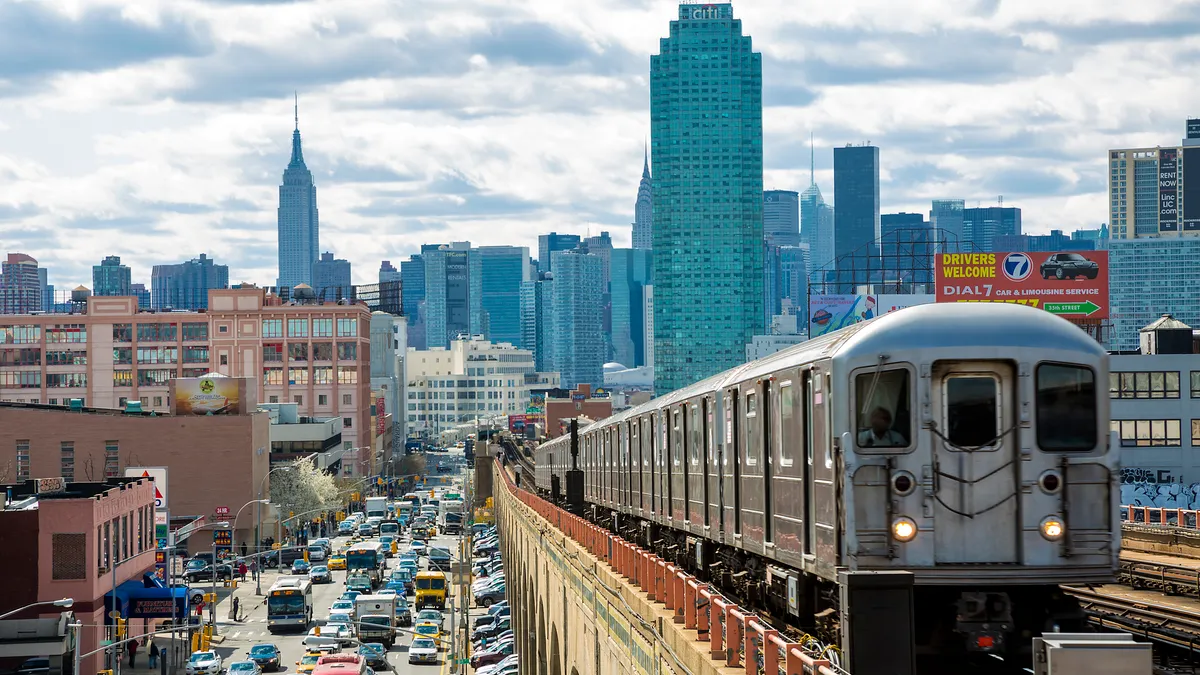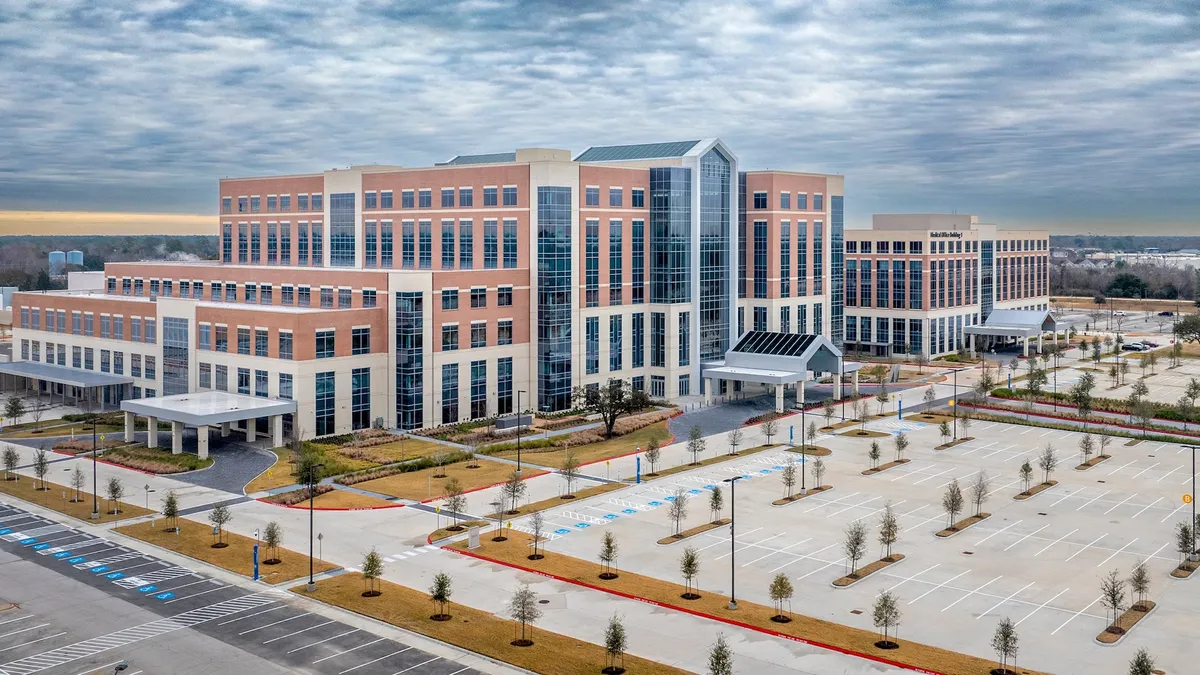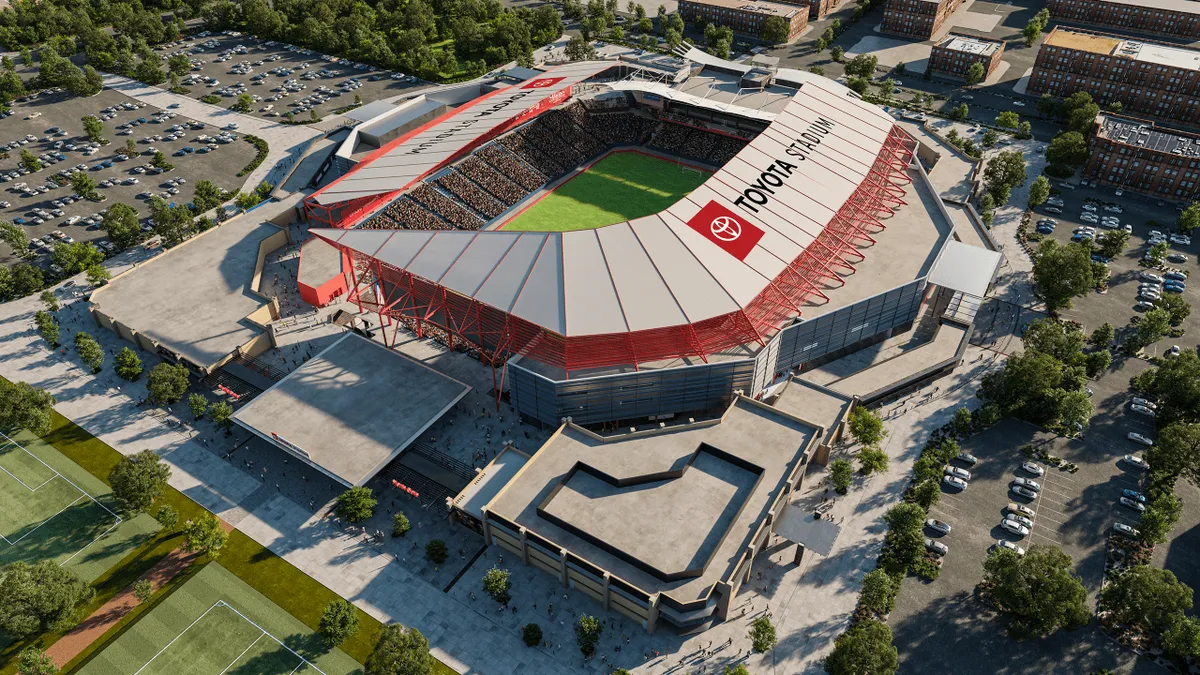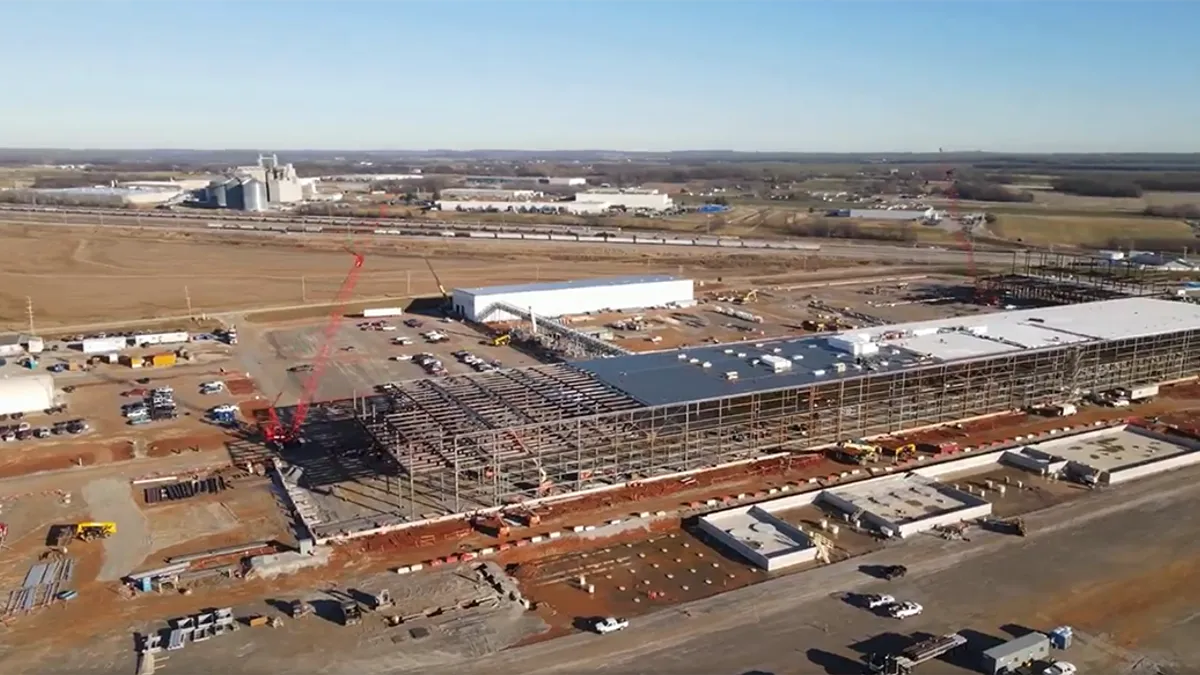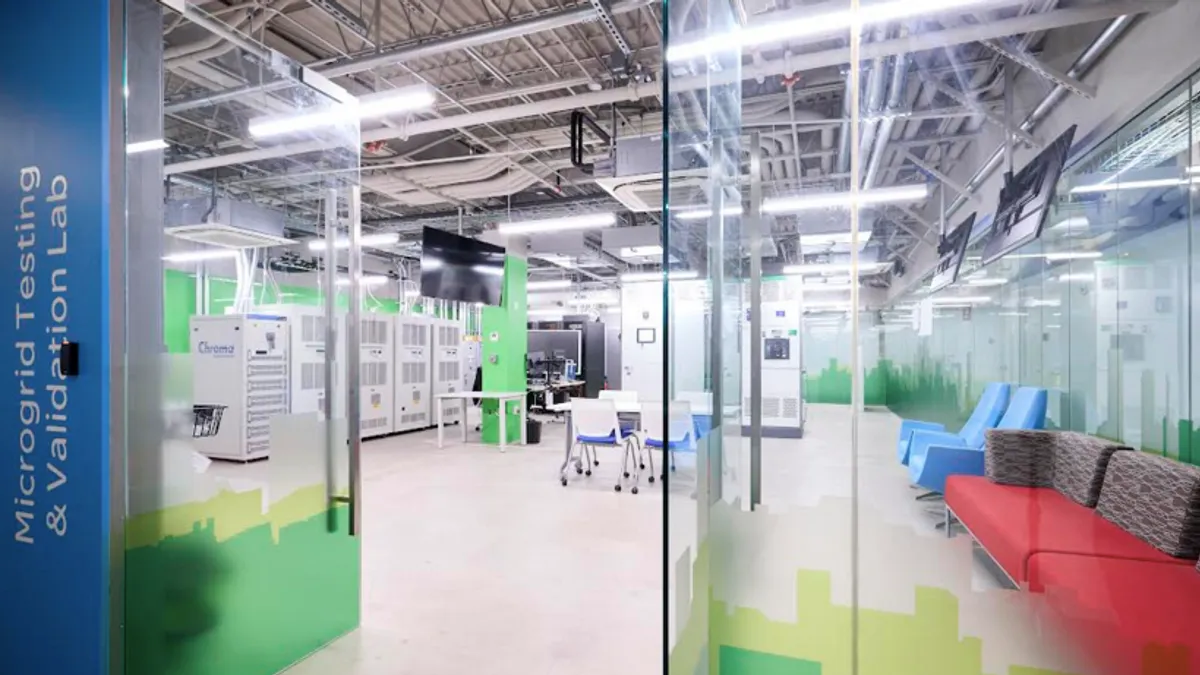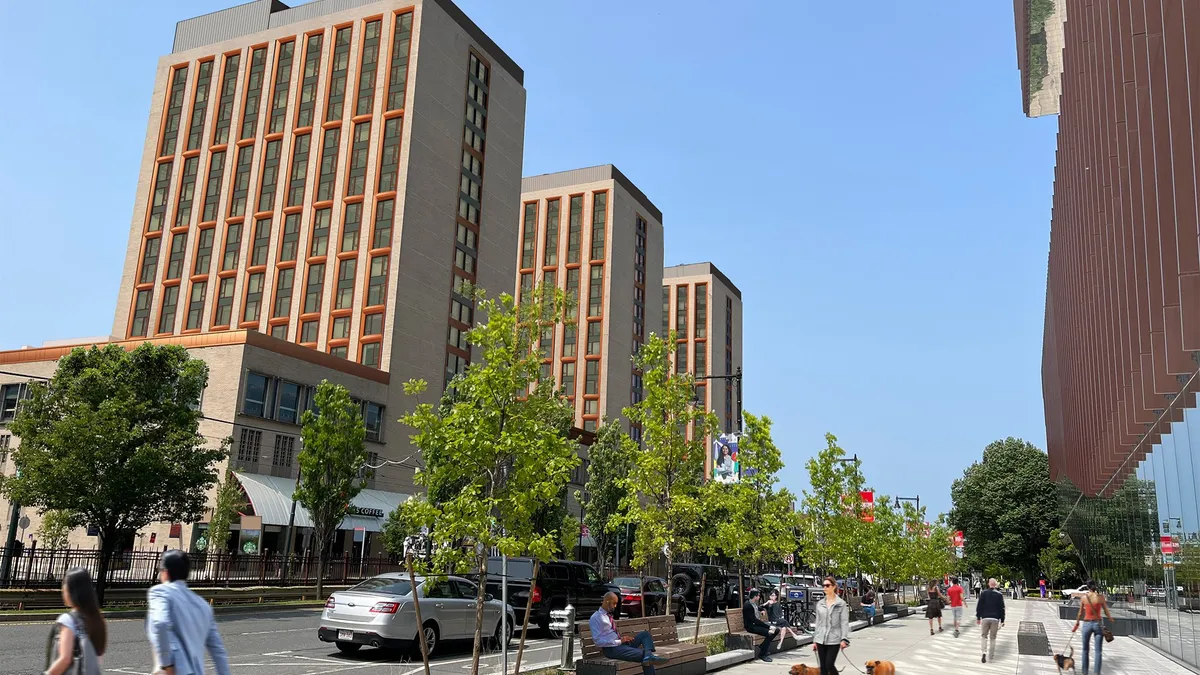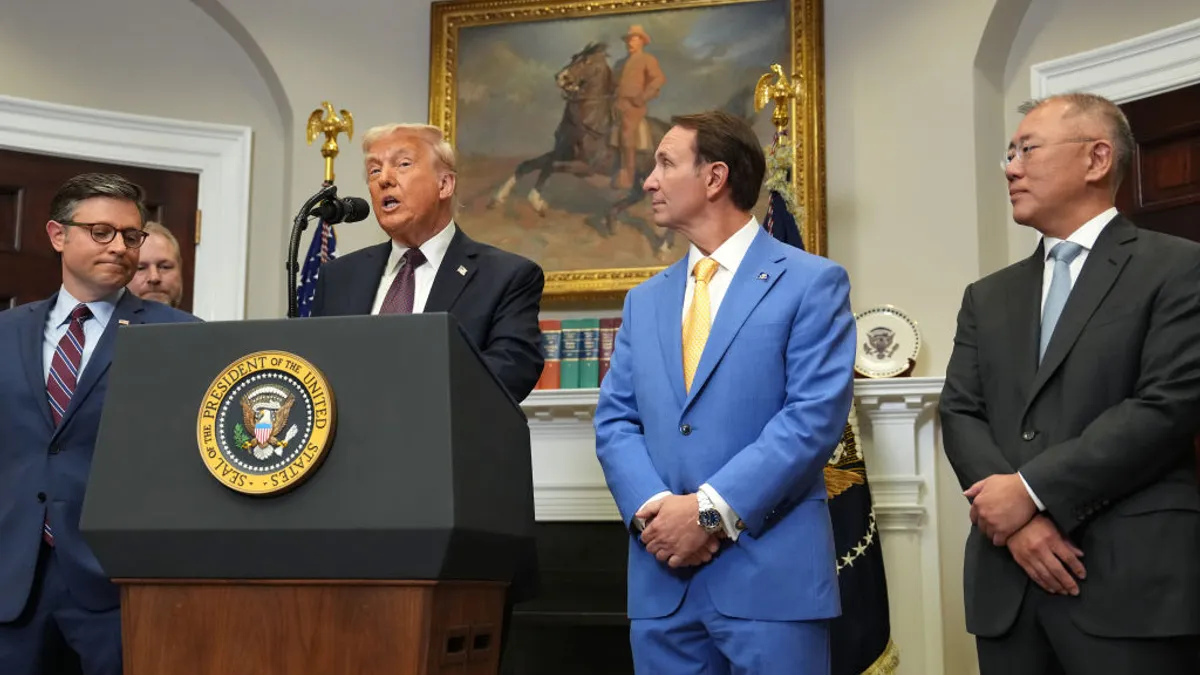Funding for public transportation is one of the sticking points as Congress considers reauthorizing the nation's surface transportation legislation.
The Fixing America's Surface Transportation (FAST) Act expires on Sept. 30, having received a one-year extension to its authorization last year. With that deadline fast approaching, Democrats, Republicans and lobbyists are positioning for a fight over its future and the future of the nation's transportation funding model.
House Democrats last Friday introduced the Investing in a New Vision for the Environment and Surface Transportation in America (INVEST in America) Act, a $547 billion, five-year reauthorization bill.
It takes on even greater importance considering President Joe Biden’s desire to invest heavily in the nation's infrastructure through his American Jobs Plan. Rep. Peter DeFazio, D-Ore., who chairs the House Transportation and Infrastructure Committee, said in a statement it "puts a core piece" of that plan into legislation.
"I believe the country today requires a new and more comprehensive approach well beyond our prior bills," Del. Eleanor Holmes Norton, D-D.C., who chairs the Subcommittee on Highways and Transit, said in a statement. "For example, this bill takes on entirely new issues never before considered, such as climate change and multi-modal access in and through cities and towns."
Included in the bill, which Democrats first introduced last year, is $109 billion for transit, which committee leaders called "record investments." The purpose of the money is to increase routes and reduce public transportation’s maintenance backlog, which previous estimates have indicated will cost around $90 billion.
Many advocacy groups have given the bill a positive reception. The American Public Transportation Association (APTA), the National Association of City Transportation Officials and Transportation for America (T4A) were among those that issued supportive statements. T4A Director Beth Osborne called it a "paradigm shift" away from the "status quo" of transportation planning, which has prioritized building roads and highways over a more multimodal future.
For their part, committee Republicans derided the proposal for its lack of bipartisanship, and they said in a joint statement that it "lets lengthy road and bridge project delays continue eating up precious resources" and "handcuffs our state and local partners."
The full committee is scheduled to mark up the INVEST in America Act on Wednesday. The bill text now includes selected member designated projects, a return of the controversial earmark system, worth over $5.6 billion.
Republicans on the Transportation and Infrastructure Committee released an alternative bill last month: the Surface Transportation Advanced through Reform, Technology, & Efficient Review (STARTER) Act 2.0, which provides more than $400 billion over five years. Supporters praised the bill for proposing, among other things, a 32% hike in federal highway funding and stabilization of the Highway Trust Fund, which is at risk of insolvency.
That proposal came under fire from APTA, however, which criticized it for stripping $15 billion in funding for public transportation when instead "robust investment" is needed.
"It will only leave the country further behind in the decade to come — on restoring our economy; on providing transportation equity; and on addressing the existential threat of climate change," APTA President and CEO Paul Skoutelas said in a statement.
Reauthorization has made some progress in the U.S. Senate. Late last month, the Senate Committee on Environment and Public Works unanimously passed the Surface Transportation Reauthorization Act. In a statement, U.S. Sen. Tom Carper, D-Del., who chairs the committee, called it a "vital first down payment on President Biden’s American Jobs Plan."
That legislation, the first of what would likely be a series of pieces that would constitute a final reauthorization, would provide $303.5 billion in funding for highways, roads and bridges. Osborne said it is not enough.
"This bill is far from a down payment on the American Jobs Plan," Osborne said in a statement. "In many ways it completely undermines it. The American Jobs Plan prioritized maintenance, climate, equity and safety; today the EPW Committee pushed those goals aside and passed a long-term bill that pumps billions into worsening these problems."
The National League of Cities (NLC) illustrated the scale of the problem facing America’s infrastructure with a new report Monday. The report, titled "Ready to Rebuild," provides local examples of infrastructure challenges, including those facing transit. It gives the example of Boise, Idaho, which wants to expand one of its major highways and make room for bus rapid transit, and Los Angeles, which wants to expand fare-free transit for young people and families.
NLC estimates the Boise project would cost $40 million, of which the city can contribute $6 million, meaning federal partnership is needed.
Such partnerships are essential for large transportation and other infrastructure projects, according to NLC CEO and Executive Director Clarence Anthony. "Cities own most of the nation's roads and water, and they handle the zoning and rights of way for broadband service," Anthony said in a statement. "If Congress wants to get transportation, water and broadband projects done, there are 19,000 local governments across our great country ready to get to work."



